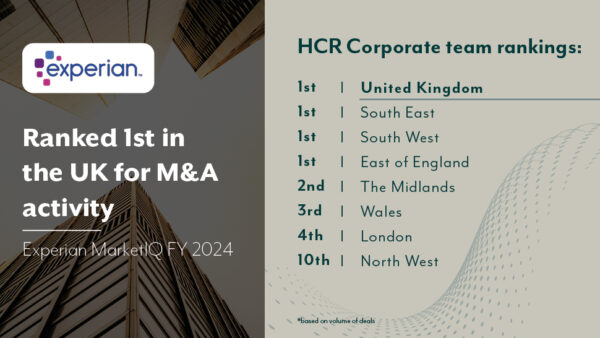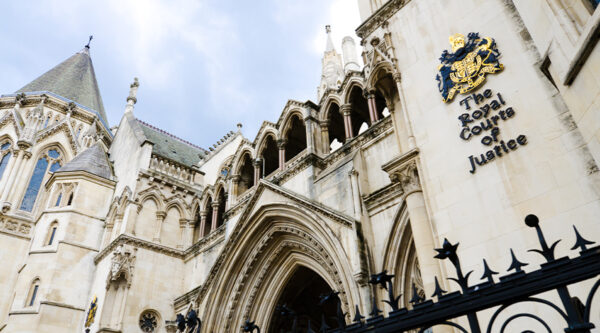

As has been well documented, Rachel Reeves’ 2024 budget introduced a number of tax changes which will impact the long-term planning of the circa 4.8m family-owned businesses in the UK.
In particular:
- The lower rate of capital gains tax (“CGT”) increased from 10% to 18% and the higher rate from 20% to 24% with immediate effect
- The rate for Business Asset Disposal Relief will increase from 6 April 2025. Currently, on the disposal of qualifying business assets, capped at a lifetime limit of £1m, individuals pay CGT at the rate of 10%. This will rise to 14% for disposals made on or after 6 April 2025, and then to 18% from 6 April 2026
- From 6 April 2026, Business Property Relief – along with Agricultural Property Relief – will be significantly restricted, with the current 100% relief from inheritance tax (“IHT”) on qualifying business, including unquoted shares in a family company, being limited to the first £1m of business assets. Thereafter, the relief reduces to 50%, meaning that qualifying assets in excess of £1m would, if not passed to a spouse and assuming the individual’s nil-rate IHT threshold band had already been exhausted, then be subject to a 20% IHT charge.
The £1m threshold is also unindexed, meaning that more and more business assets will become subject to IHT over time.
The full details of these changes are yet to be published, and in the interim the government remains subject to some pretty vociferous lobbying, particularly in respect to the proposed IHT changes. Nevertheless, the direction of travel seems clear, with businesses and their owners being expected to bear the brunt of an ever increasing tax burden to plug what the government argue is a £22bn “hole” in the nation’s public finances.
Owners do at least have a window of opportunity between now and 6 April 2026 to reassess their succession plans, and your professional advisers can help you navigate the new regime and develop a considered approach best suited to your circumstances.
Options to consider include:
Gifts – with the seven-year gifting rule in relation to inheritance tax remaining unchanged, and holdover relief for qualifying trading businesses still available to avoid an immediate CGT liability, passing on business assets sooner could be a good strategy for some families, where the circumstances are right. The £1m allowance applies to an individual’s asset value, not to the value of the business, so if the ownership of these assets is spread, more value can be covered by relief. Where outright gifts are not appropriate, a transfer to a family trust to provide additional asset protection and ensure control remains with key stakeholders may be an alternative solution.
Freezer/growth shares –“freezer” shares can be a useful mechanism for sheltering individuals from IHT on any future growth in the value of their family business, with the value of the older generation’s shares effectively frozen at an agreed fixed price.
Control of the company can still be retained by ensuring that the freezer shares hold all, or a majority of, voting rights along with other protections, including a right to appoint the board and to approve future share issues or share transfers.
Meanwhile, new “growth” shares can be issued to the family’s younger generation. This class of share would typically have zero, or near to zero, value on the date of their issue but benefit from any future increase in the value of the company. If done correctly the implementation of freezer or growth shares should not result an IHT, CGT or stamp duty charge.
Insurance – in some cases, notwithstanding any planning work done, a significant IHT liability may now be unavoidable. A fixed-term or whole life insurance policy could then make sense, particularly in the short term while we wait for these changes to bed-in – or perhaps be reversed.
Wills – married business owners should now review their wills to ensure that what reliefs are available are being fully utilised. This is particularly important given the £1m allowance for Business Property Relief will not be transferrable between spouses – at least under current proposals. Accordingly, action must be taken on a first death to crystallise the available reliefs.
Outright sale – of course for anyone considering a potential sale of their business, they may well now be accelerating those plans in light of the budget, particularly when you also take into account additional increases to CGT rates and employer’s NI contributions from April 2025.
Again, in terms of tax mitigation we would advise clients to plan ahead as far as possible. For example, you might want to look at separating out any investment assets, for example freehold property from the trading business.
Business owners might also want to consider issuing EMI share options as a tax-efficient way of incentivising current employees, or an exit via an employee ownership trust, and we will be exploring these topics further in a series of additional articles over the coming weeks.










